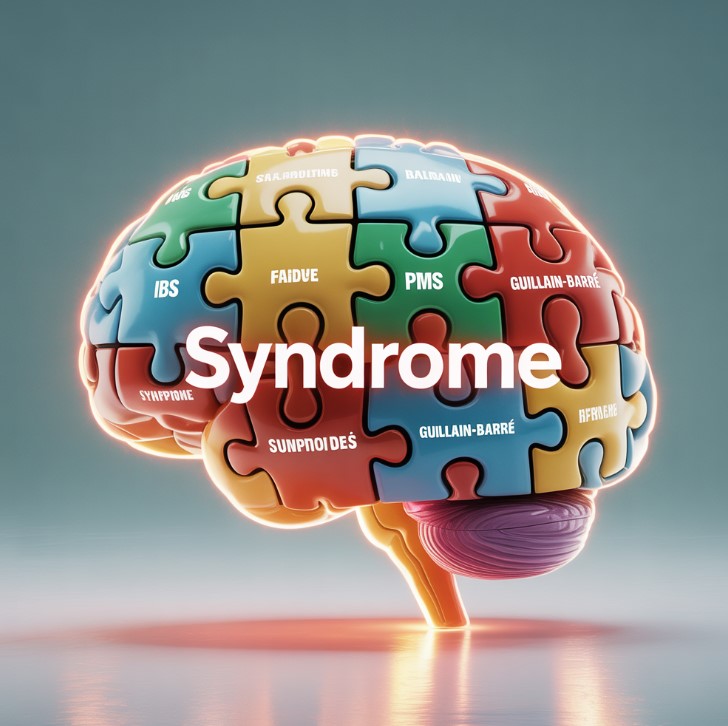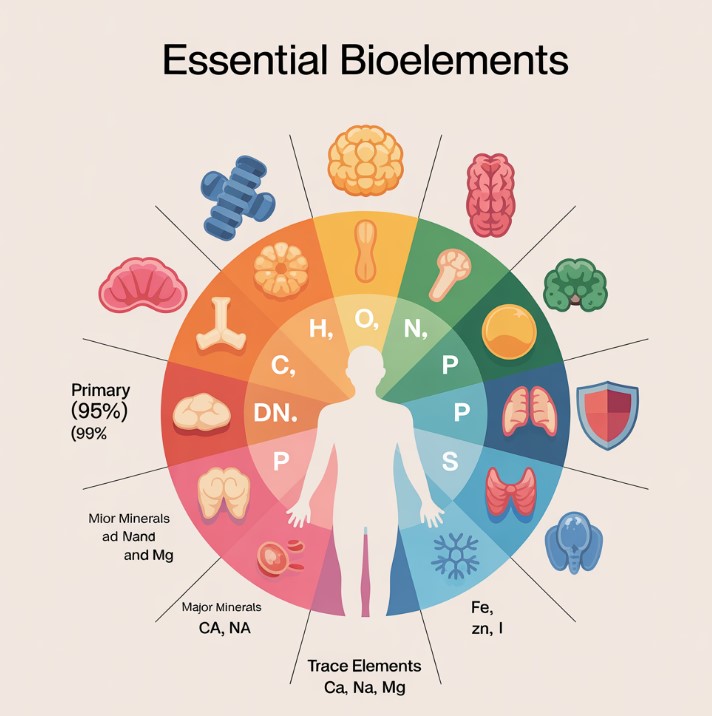A syndrome is basically a group of symptoms that, when they happen together, point to a specific medical problem.
Quick reminder, BTW: A symptom is just a single sign or clue that something is wrong.
It’s a specific pattern of symptoms that helps point toward a diagnosis. But FYI, neither a symptom nor a syndrome is the same as a “disease.” Both are just clues that suggest a disease might be present. A doctor’s job is to see if a patient’s symptoms fit a known syndrome to help figure out what’s wrong.
For example, feeling sick and throwing up are symptoms. But when they happen together after surgery, that defines “postoperative nausea and vomiting syndrome.”
Snoring is a symptom. But when you add in pauses in breathing at night and feeling super sleepy during the day, it’s very likely you have “sleep apnea syndrome.”
A flu-like syndrome is a set of symptoms that always includes a fever. It doesn’t automatically mean you have the flu, AKA influenza, because other viruses can cause it too.
Some of the most well-known syndromes are gut problems like Irritable Bowel Syndrome (IBS), nerve issues like Restless Leg Syndrome, and hormone issues like Premenstrual Syndrome (PMS).
Other common syndromes include Guillain-Barré, Raynaud’s, Carpal Tunnel, etc. Once a doctor has identified the syndrome, a personalized treatment plan can be started, STAT.
The word “Syndrome” comes from Greek. Syn means “together” and dramein means “to run,” so it literally means things “running together.”
If you liked the “What is a Syndrome?” page, hit Share. Thanks!
© You can reproduce all or part of this content, as long as you credit and link back to this article as the source of the info used.




